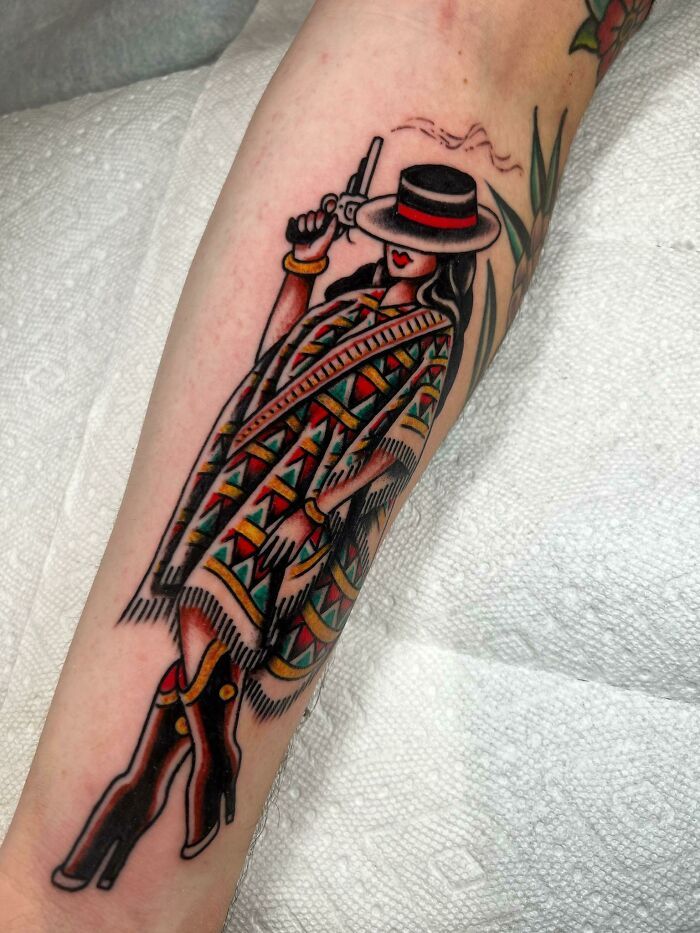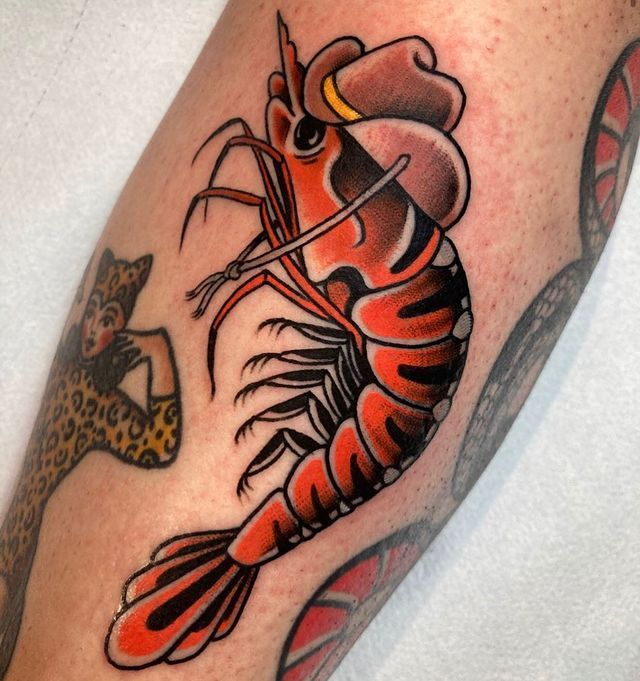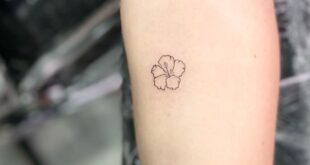Tattoos have been a form of self-expression and art for centuries, with evidence of tattooing dating back as far as 3370 BC. Throughout history, tattoos have held different meanings and significance for various cultures around the world. One of the oldest and most traditional forms of tattooing can be found in Polynesian culture.
In Polynesia, tattoos are known as “tatau” and have a long and rich history. The art of tattooing in Polynesia is deeply rooted in their culture and has been practiced for thousands of years. The designs and patterns used in Polynesian tattoos are more than just decorative; they hold deep cultural and spiritual significance.
Traditional Polynesian tattoos are done by tapping the design into the skin using a hand-held tool called a “tautau.” The process is slow and painful, but the end result is a beautiful and intricate tattoo that tells a story. The designs often feature geometric patterns, symbols, and motifs that are unique to Polynesian culture.
In Polynesian culture, tattoos are seen as a rite of passage and a way to honor one’s ancestors. Each tattoo tells a specific story or represents a particular aspect of the wearer’s life. For example, a tattoo on the upper arm may symbolize strength and courage, while a tattoo on the chest may represent protection.
In addition to their cultural significance, Polynesian tattoos are also considered a form of protection. It is believed that the tattoos help to ward off evil spirits and protect the wearer from harm. This belief has been passed down through generations and is still held in high regard today.
While Polynesian tattoos have a long history, they have also gained popularity in western culture in recent years. Many people are drawn to the intricate designs and deep meaning behind Polynesian tattoos. However, it is important to remember that these tattoos hold great cultural significance and should be respected as such.
In conclusion, traditional Polynesian tattoos are not just a form of body art; they are a representation of a culture rich in history and tradition. The designs are more than just decorative; they hold deep spiritual and cultural meaning for the wearer. As the popularity of Polynesian tattoos continues to grow, it is important to remember and respect the origins and significance of this ancient art form.
 innstyled Tattoo Ideas
innstyled Tattoo Ideas















